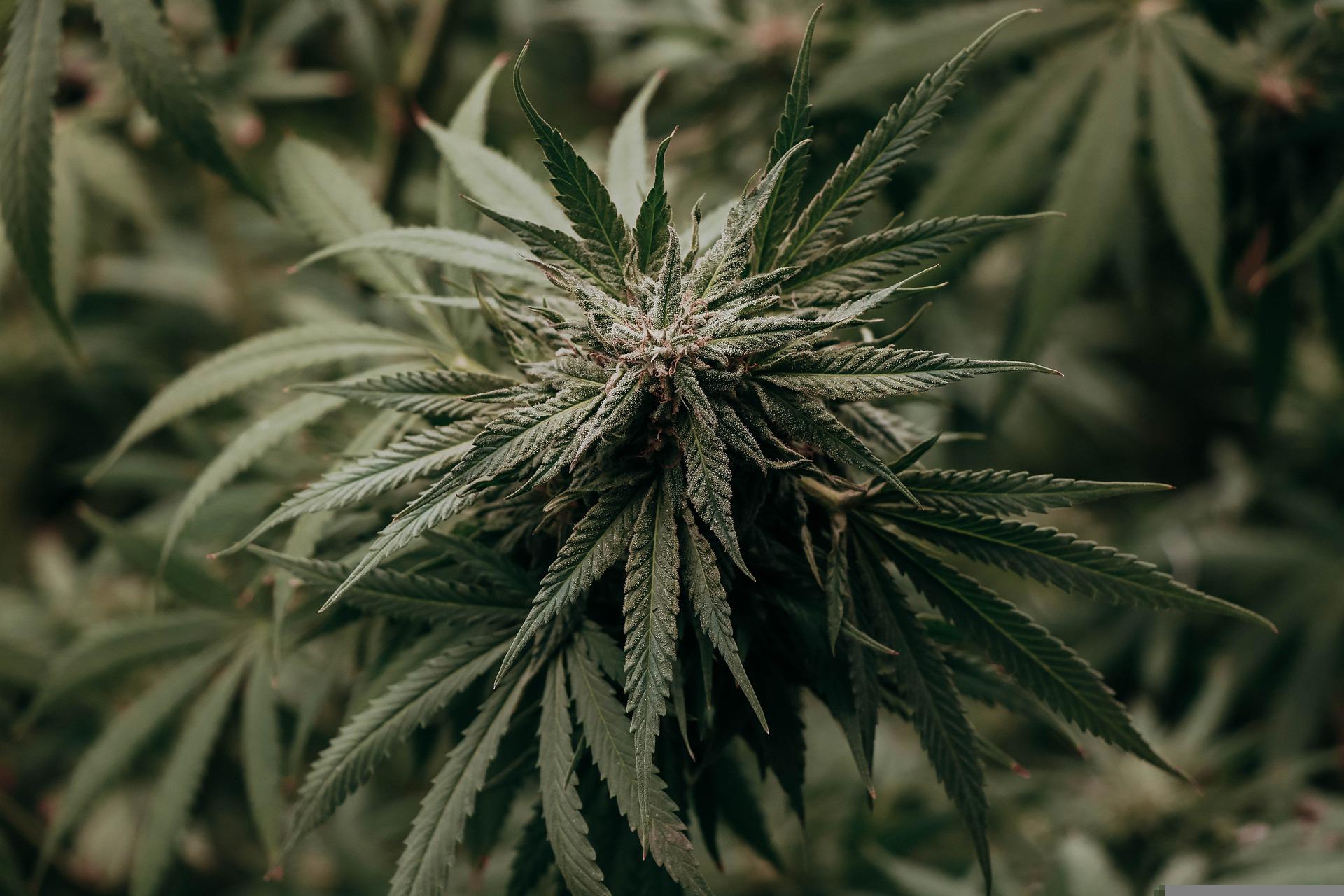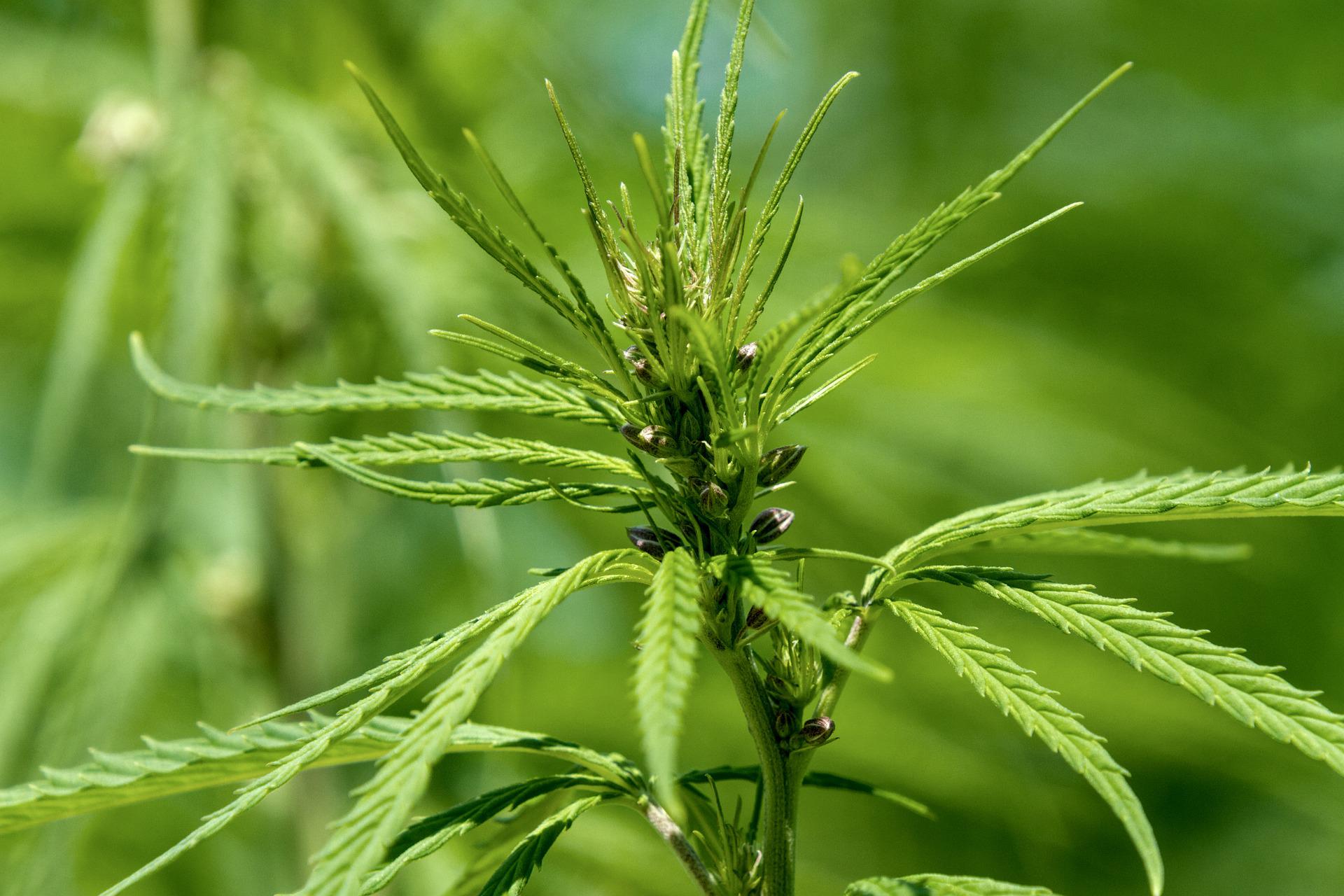Massachusetts Cannabis Market
The cannabis consultants at Point Seven Group are experts in the Massachusetts cannabis market. We have successfully helped our clients obtain cannabis licenses, design dispensaries, build identifiable cannabis brands, and operate compliant cannabis businesses. Our team of cannabis experts can help you reach your business goals in the Massachusetts marijuana market!
WHAT IS MASSACHUSETTS'S CURRENT CANNABIS MARKET STATUS?
Massachusetts is home to both medical and adult-use cannabis licenses and is currently accepting applications for the following licenses types with no timeline for submission: Medical Marijuana Treatment Centers (MTC); Marijuana Cultivators; Craft Marijuana Cooperatives; Marijuana Product Manufacturers; Marijuana Retailers; Existing Licensee Transporters; Third-Party Transporters; Marijuana Research Facilities; Independent Testing Laboratories (ITL); Standards Testing Laboratories; and Microbusinesses.
The Cannabis Control Commission (CCC) provides an in-depth breakdown of the fees and additional application resources on the Application Guidance document (June 2021). Application submissions are reviewed on a rolling basis, so hopeful operators must remain patient during the licensing and application review processes. Operators receive a provisional license prior to receiving a final license with the expectation that facilities will work toward meeting the compliance inspection requirements set forth by the CCC.
In addition, Massachusetts’s CCC has also established the first State-Sponsored Social Equity Program (SEP) to create sustainable, accessible pathways into the cannabis industry for individuals most impacted by the War on Drugs and areas in the Commonwealth disproportionately impacted by cannabis arrests. The program provides access to free technical assistance and training through the CCC’s certified vendors as well as expedited application review for a faster license turnaround. Along with the SEP came new license types exclusively available to SEP applicants: Delivery Operator; Social Consumption Lounge; and Delivery Courier Licenses. With the introduction of new license types in the Commonwealth and a growing consumer base, the Massachusetts cannabis market is shaping up to be one of the most quickly evolving markets in the East Coast cannabis industry. Current license counts in Massachusetts and related cannabis establishment data can be found here.
ADULT-USE CANNABIS IN MASSACHUSETTS
In November 2008, possession of small amounts of cannabis became decriminalized in Massachusetts with the passage of the The Massachusetts Sensible Marijuana Policy Initiative. The initiative made possession of less than one ounce of cannabis punishable by a $100 with no possibility the citation would be reported to the Commonwealth’s criminal history board. This is a drastic change from previous law in which those charged with cannabis offenses faced up to six months in jail and a $500 fine.
In the November 8, 2016 election, Massachusetts voters passed a ballot initiative making recreational cannabis for adults 21 years and older legal in Massachusetts. Individuals may carry up to one ounce of marijuana and up to ten ounces in their home; each household can grow up to six plants, or twelve for those with more than one adult. The regulation of the use and distribution of marijuana not medically prescribed can be found in Massachusetts General Laws c.94G. Although provisions for home grown cannabis went into effect on December 15, 2016, dispensary doors did not open until November 20, 2018. Within the first week of operations, $2,217,621 in cannabis products were sold to adult-use consumers. The industry has continued to show strength within the Commonwealth, having recorded nearly $400 million in sales in its first full year of operation with an average of $46 million in sales per month.
MEDICAL MARIJUANA IN MASSACHUSETTS
The Massachusetts Medical Marijuana Initiative, also known as Question 3, was approved in 2012 by a 63% vote allowing for the establishment of a Massachusetts Medical Cannabis Program. Effective January 1, 2013, patients may purchase and possess up to a 60 day supply or ten ounces per every two months of medical cannabis. Although some cities and townships attempted to ban cannabis businesses in their local municipalities, Attorney General Martha Coakley later ruled bans would conflict with the law, and municipalities were only allowed to regulate — not ban cannabis. Qualifying patients over the age of 18 must be approved by a physician and certified by the state before legally allowed to possess medical marijuana. Registered medical marijuana patients are allowed to grow up to twelve vegetative cannabis plants for personal use.
OUR SERVICES IN THE MASSACHUSETTS CANNABIS MARKET
ADULT-USE CANNABIS MARKET PROJECTIONS IN MASSACHUSETTS
MASSACHUSETTS CANNABIS NEWS
MASSACHUSETTS CANNABIS LAWS

In November 2012, Massachusetts voters approved the Massachusetts Medical Marijuana Initiative permitting medical cannabis for patients who possess a Commonwealth-issued registration card after receiving a recommendation from a physician. The law allows for licensed dispensaries to provide up to one ounce of cannabis or five grams of cannabis concentrate per transaction to patients as stated in the Cannabis Control Commission (CCC) Regulations.
In November 2016, voters of Massachusetts passed a ballot initiative legalizing recreational cannabis, while also eliminating penalties for possession of small amounts of cannabis and home cultivation. Adults 21 and older are able to purchase and possess up to one ounce of cannabis, and grow up to six plants at home, with a maximum limit of 12 plants per household for residences with two or more adults. Once harvested, the household may hold up to a maximum of ten ounces. Under the initiative, cultivators have the opportunity to apply for a variety of Massachusetts cultivation licenses broken down in a tier system based on the amount of plants grown. Local municipalities have the authority to require local permits, decide whether or not a facility may be established, and are allowed to implement a community impact fee of up to 3% of the businesses’ annual revenue. Cannabis operators must negotiate a Host Community Agreement prior to licensure, making connections with key community stakeholders and obtaining real estate prior to applying for a license with the CCC.
During November and December of 2020, amended regulations and legislation went back and forth behind closed doors at the CCC, resulting in new regulations being released and implemented for cannabis establishments going into 2021. With new regulations came announcements of new license types limited to Social Equity Applicants: Delivery Courier, Delivery Operators, and Social Consumption Lounge for Massachusetts Operators.
MASSACHUSETTS HEMP LAWS
The passage of the 2018 Farm Bill legalized hemp cultivation in the United States, however, there is a gray area concerning cannabidiol legality in the state as Massachusetts currently prohibits CBD-infused food to the public. CBD products marketed as dietary supplements are also not allowed. The Massachusetts Department of Agricultural Resources (MDAR) regulates only the wholesale market of hemp-derived products in the state and the retail market or direct to consumer sale of hemp products remains unregulated. Follow this link to get access to the application resources and fees for both grower and processor. You may also apply for a dual license if you intend to co-locate businesses.


